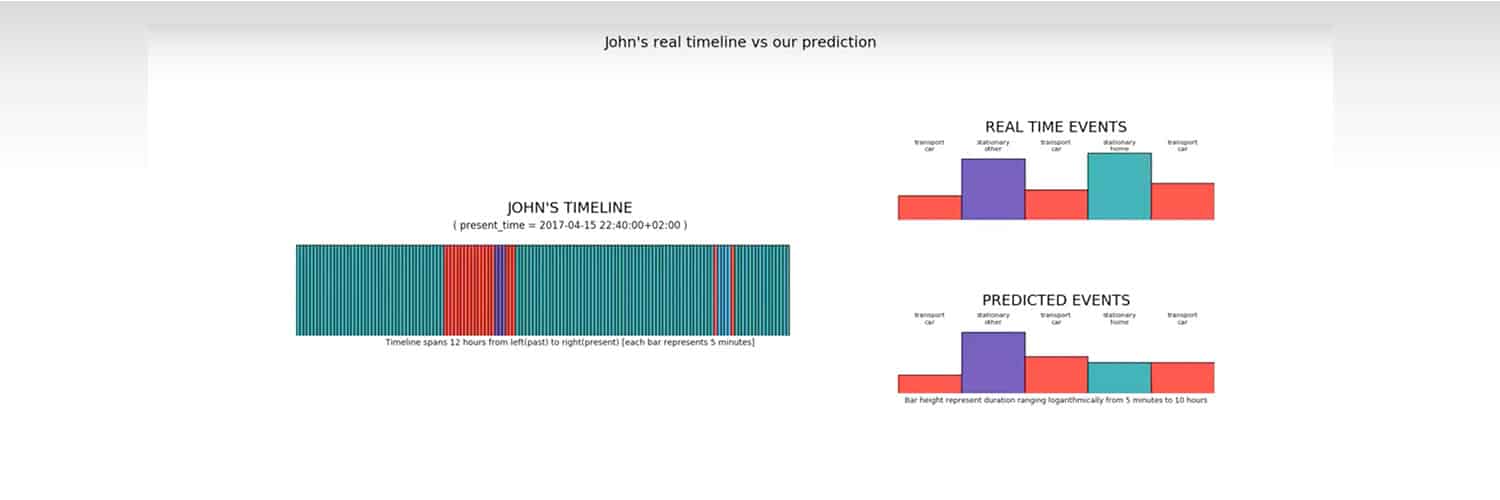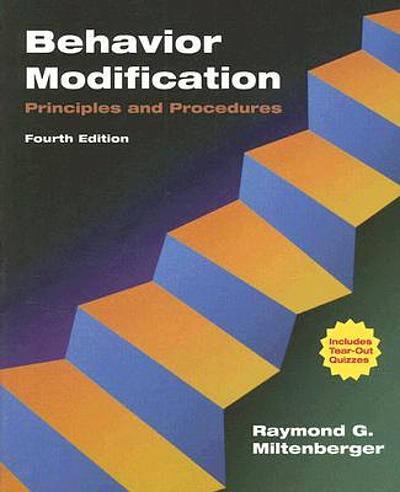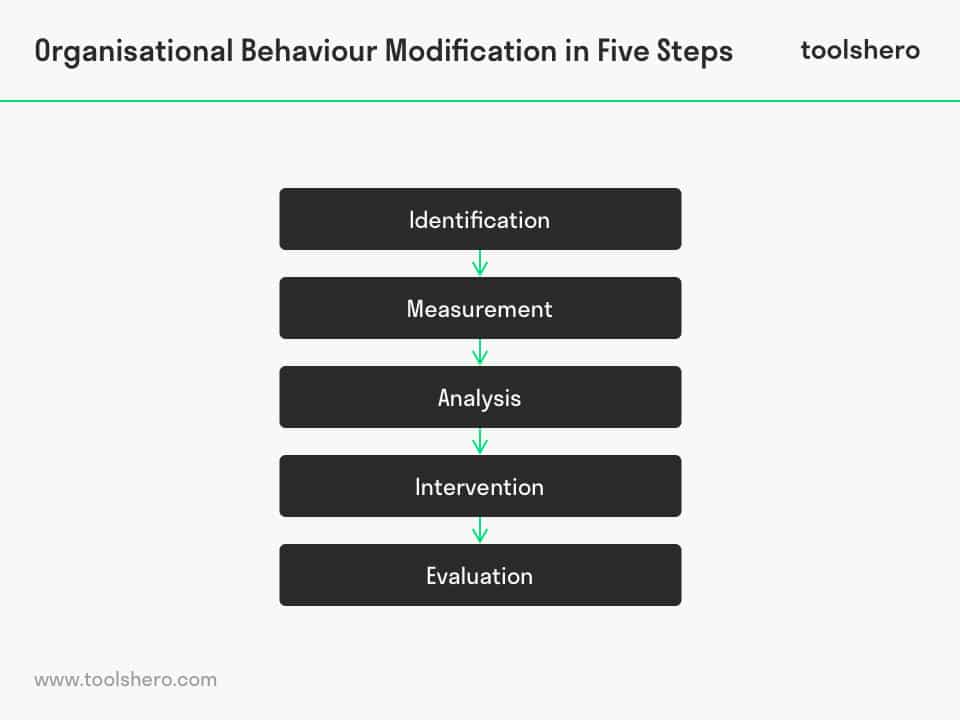Improving prediction of human behavior using behavior
4.7 (685) · $ 17.99 · In stock

The derivation elucidates the implications of behavior modification to data scientists, platforms, their clients, and the humans whose behavior is manipulated, and decomposes the expected prediction error given behavior modification. The fields of statistics and machine learning design algorithms, models, and approaches to improve prediction. Larger and richer behavioral data increase predictive power, as evident from recent advances in behavioral prediction technology. Large internet platforms that collect behavioral big data predict user behavior for internal purposes and for third parties (advertisers, insurers, security forces, political consulting firms) who utilize the predictions for personalization, targeting and other decision-making. While standard data collection and modeling efforts are directed at improving predicted values, internet platforms can minimize prediction error by "pushing" users' actions towards their predicted values using behavior modification techniques. The better the platform can make users conform to their predicted outcomes, the more it can boast its predictive accuracy and ability to induce behavior change. Hence, platforms are strongly incentivized to "make predictions true". This strategy is absent from the ML and statistics literature. Investigating its properties requires incorporating causal notation into the correlation-based predictive environment---an integration currently missing. To tackle this void, we integrate Pearl's causal do(.) operator into the predictive framework. We then decompose the expected prediction error given behavior modification, and identify the components impacting predictive power. Our derivation elucidates the implications of such behavior modification to data scientists, platforms, their clients, and the humans whose behavior is manipulated. Behavior modification can make users' behavior more predictable and even more homogeneous; yet this apparent predictability might not generalize when clients use predictions in practice. Outcomes pushed towards their predictions can be at odds with clients' intentions, and harmful to manipulated users.

Reinforcement learning from human feedback - Wikipedia

Open-source tools for behavioral video analysis: Setup, methods, and best practices

Episode 34: Hacking Your Lower Brain to Improve Predictions ARC Centre of Excellence for Mathematical and Statistical Frontiers

Predictive superpowers: Applying deep learning on mobile sensor data to predict human behavior - Sentiance

Improving” prediction of human behavior using behavior modification

Prediction and Control of Human Behavior in Organizations – A study by Artur Victoria

Wrestling Prediction Error: Better Predictions or Better Actuals?

Galit SHMUELI, Professor (Full), PhD, National Tsing Hua University, Hsinchu, NTHU, Institute of Service Science

Understanding and Predicting Human Behavior for Social Communities






